On April 27th, the United States Preventive Services Task Force (USPSTF) released its updated statement regarding aspirin use to prevent cardiovascular disease (CVD). The use of treatments to prevent the first manifestation of a disease is called primary prevention.
Previously, the USPSTF recommended initiating aspirin in all persons with an estimated 10 percent or greater cardiovascular risk and who were age 50 or older. The new guideline calls for considering aspirin in persons with an estimated 10 percent of greater risk of CVD at the younger age of 40 years. Also, the USPSTF recommends initiating aspirin use selectively based upon individual decision-making in consultation with medical professionals. Gone is any blanket recommendation.
Evidence-based factors that increase CVD include advancing age, male sex, African-American race, elevated total cholesterol levels, decreased HDL cholesterol levels, elevated blood pressure, and a history of untreated high blood pressure, history of diabetes, and history of smoking. To calculate your cardiac risk, click here.
Also new is the recommendation NOT to initiate aspirin in adults 60 years of age or older for the purpose of primary prevention. This change has led to much confusion about who should take aspirin and who should not.
These guidelines do not address the use of aspirin in secondary prevention, meaning for persons with a medical history associated with CVD risk, including known personal history of heart attack, heart bypass surgery, vascular stents including coronary artery stents, peripheral vascular disease, stroke, and/or transient ischemic attack. Aspirin will be prescribed for most of these high-risk patients.
Click these links for more information:
Contact your doctor with any questions.

